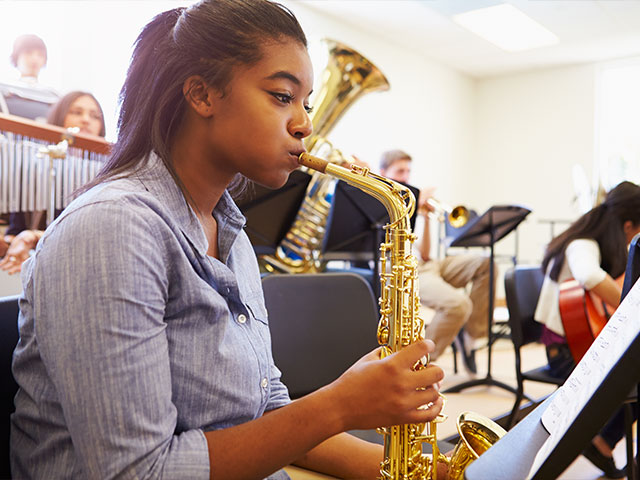The Elegance of Classical Music
Classical music is a timeless art form that has transcended centuries and continues to inspire and captivate audiences around the world. Its rich history, complex compositions, and emotional depth make it a genre that has left an indelible mark on the world of music. In this 1500-word article, we’ll embark on a journey through the world of classical music, exploring its origins, evolution, and enduring appeal.
The Birth of a Musical Legacy
Classical music, as we know it today, finds its roots in the Western world. Its origins can be traced back to the Middle Ages when sacred chants and religious music were performed in cathedrals and monasteries. Over time, these religious compositions evolved into the intricate melodies and harmonies that define classical music. The works of iconic composers like Gregorio Allegri and Johann Sebastian Bach set the stage for the emergence of a unique musical tradition.
The Renaissance and Baroque Eras
The Renaissance and Baroque eras marked a period of significant growth and development in classical music. Composers such as Claudio Monteverdi and Antonio Vivaldi expanded the horizons of musical expression with their innovative compositions. The advent of new instruments and musical notation techniques allowed for greater creativity and complexity in classical music.
The Classical Era: A Time of Great Masters
The late 18th century gave rise to the Classical era, which saw the emergence of some of the greatest composers in history. Wolfgang Amadeus Mozart, Ludwig van Beethoven, and Franz Joseph Haydn are just a few of the luminaries who left an indelible mark on classical music. Their symphonies, sonatas, and concertos are still celebrated for their timeless beauty and innovation.
The Romantic Era: A Symphony of Emotions
The 19th century ushered in the Romantic era, characterized by a profound emphasis on emotion and individual expression. Composers like Pyotr Ilyich Tchaikovsky and Johannes Brahms poured their hearts into their compositions, creating music that evokes deep emotions and tells compelling stories. The Romantic period brought forth some of the most powerful and beloved classical pieces, including Tchaikovsky’s “Swan Lake” and Brahms’ “Symphony No. 1.”
20th Century and Beyond: Innovation and Diversity
The 20th century witnessed a diversification of classical music. Composers like Igor Stravinsky and Sergei Rachmaninoff pushed the boundaries of traditional classical music, experimenting with dissonance, rhythm, and instrumentation. At the same time, new forms of classical music, such as minimalism and neoclassicism, emerged, further expanding the genre’s horizons.

The Enduring Appeal of Classical Music
Classical music’s continued popularity can be attributed to its enduring appeal. It transcends language barriers and speaks to the human soul in a way that few art forms can. Its ability to convey complex emotions and tell intricate stories through music has made it a source of solace, inspiration, and joy for generations.
How to Experience Classical Music
If you’re new to classical music or looking to deepen your appreciation for it, there are several ways to start your journey:
- Attend Live Performances: Watching a classical orchestra or chamber ensemble perform live can be a transformative experience. Check your local listings for upcoming concerts.
- Explore Composers: Dive into the works of renowned classical composers. Start with the likes of Mozart, Beethoven, and Bach, and then venture into lesser-known but equally remarkable composers.
- Online Resources: The internet offers a treasure trove of classical music resources. Streaming platforms, such as Spotify and YouTube, provide access to an extensive classical music library. You can also find informative podcasts and articles about classical music.
- Learn an Instrument: Learning to play a musical instrument, even at a basic level, can provide a profound understanding of classical compositions and their intricacies.
Conclusion
A journey through the world of classical music is a voyage through history, emotion, and human expression. From its humble beginnings in religious chants to the grand symphonies of the Romantic era and the experimental sounds of the 20th century, classical music has remained a testament to the creativity and passion of composers throughout the ages. Its timeless beauty continues to inspire and captivate audiences worldwide. Check out their web page to read review about classical music.

